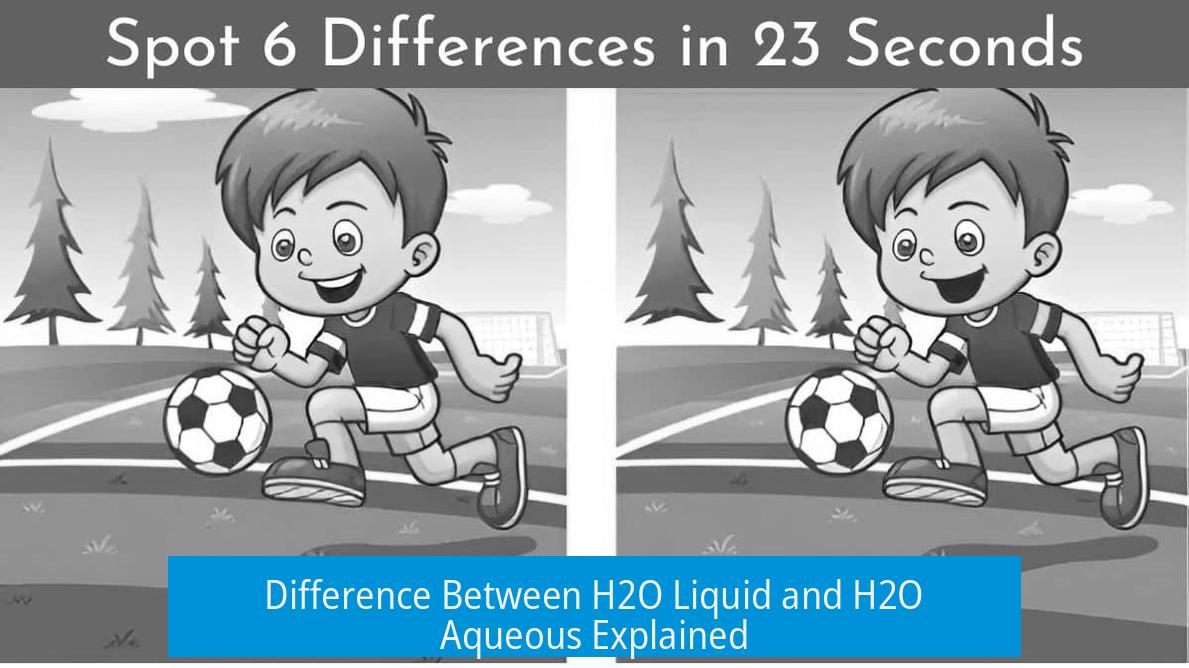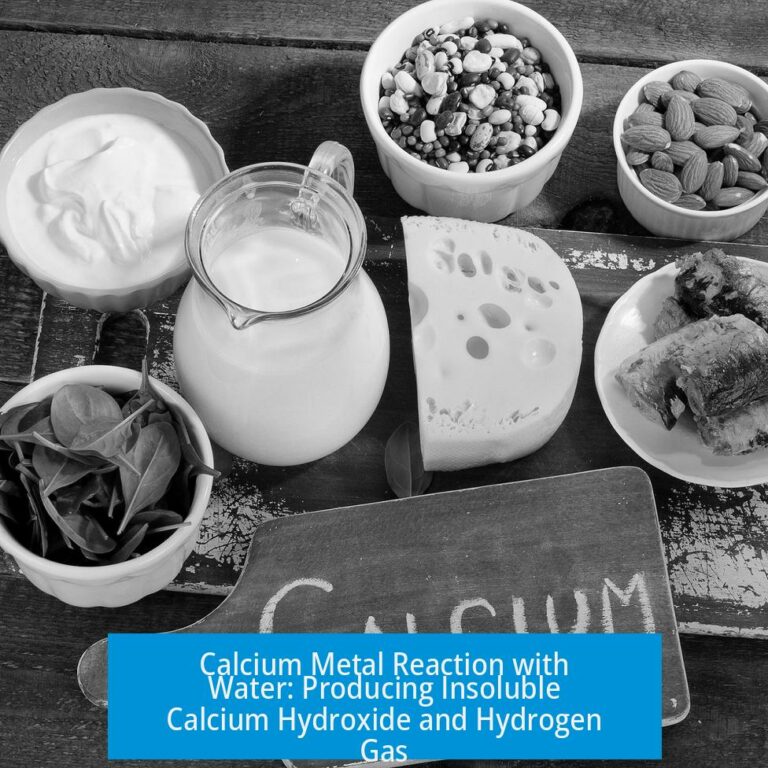Understanding the Difference Between H2O Liquid and H2O Aqueous
H2O in the liquid state refers to pure, molten water above 0°C, indicated as H2O(l), whereas the term “aqueous” applies only to substances dissolved in water, not to water itself. This distinction is crucial in chemistry for accurate representation and communication.
Definition of H2O Liquid
Liquid H2O means water in its pure molten form at temperatures above 0°C. This form is the natural liquid phase of water. Chemically, it is represented as H2O(l) in equations. This state involves water molecules interacting with one another without interference from dissolved substances.
Meaning of Aqueous
The label “aqueous” (aq) describes a solute dissolved in water, not water alone. For example, when hydrochloric acid dissolves in water, it is written as HCl(aq). The term implies a two-component system: water as the solvent and another substance as the solute.
Water itself cannot be “aqueous” because it would imply water dissolved in water, which is chemically meaningless. This is similar to trying to dissolve solid salt in molten salt; it remains one compound rather than a solution.
Chemical Notation Differences
| Term | Meaning | Chemical Notation | Example |
|---|---|---|---|
| Liquid Water | Pure water in molten form | H2O(l) | Water at room temperature |
| Aqueous Solution | Substance dissolved in water | Substance(aq) | HCl(aq), NaCl(aq) |
In chemical equations, water is always denoted as liquid or solid/gas per its phase, never aqueous.
Common Usage and Terminology
- Water is never referred to as aqueous.
- It is identified as solid (ice), liquid (water), or gas (steam/vapor).
- “Aqueous” strictly applies to other compounds dissolved in water.
Key Takeaways
- Liquid H2O is pure water in its molten state, symbolized as H2O(l).
- “Aqueous” indicates a solute dissolved in water, not water itself.
- Chemical notation reserves (aq) for solutes, not for H2O.
- Water is never called aqueous in scientific contexts.
What does H2O(l) mean compared to H2O(aq)?
H2O(l) means pure liquid water above 0°C. H2O(aq) would mean water dissolved in water, which doesn’t occur. In chemistry, (aq) means a substance dissolved in water, not water itself.
Can water ever be described as aqueous? Why or why not?
No, water is never described as aqueous. Aqueous means a solute dissolved in water. Since water cannot dissolve itself, the term aqueous does not apply to pure water.
Why is water labeled (l) and not (aq) in chemical equations?
Water in chemical equations is labeled (l) to show it is liquid. The (aq) label is used only for substances dissolved in water, like acids or salts, not for water itself.
Is it correct to say water is aqueous in everyday language?
It’s uncommon and incorrect. People say water is solid, liquid, or gas. Aqueous applies only to solutions where another substance is dissolved in water.
Does the term aqueous apply to any form of pure water?
No, aqueous never applies to pure water regardless of its state. It only refers to solutions where a solute is dissolved in water.





Leave a Comment